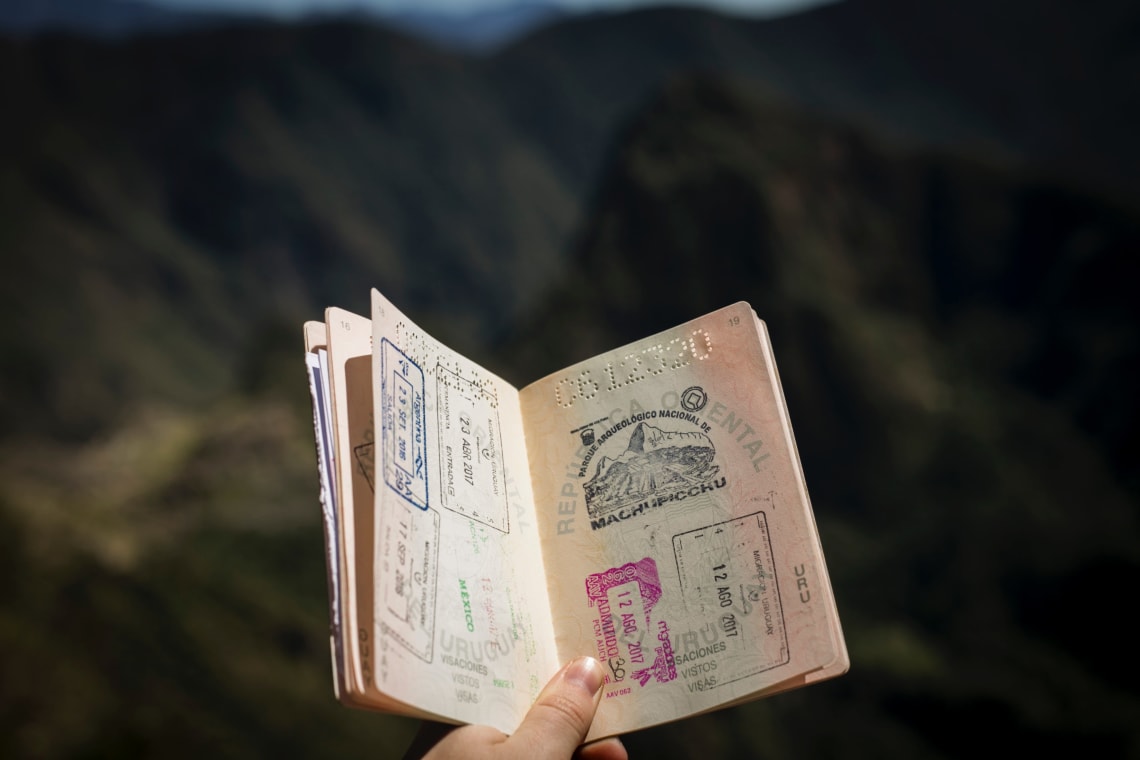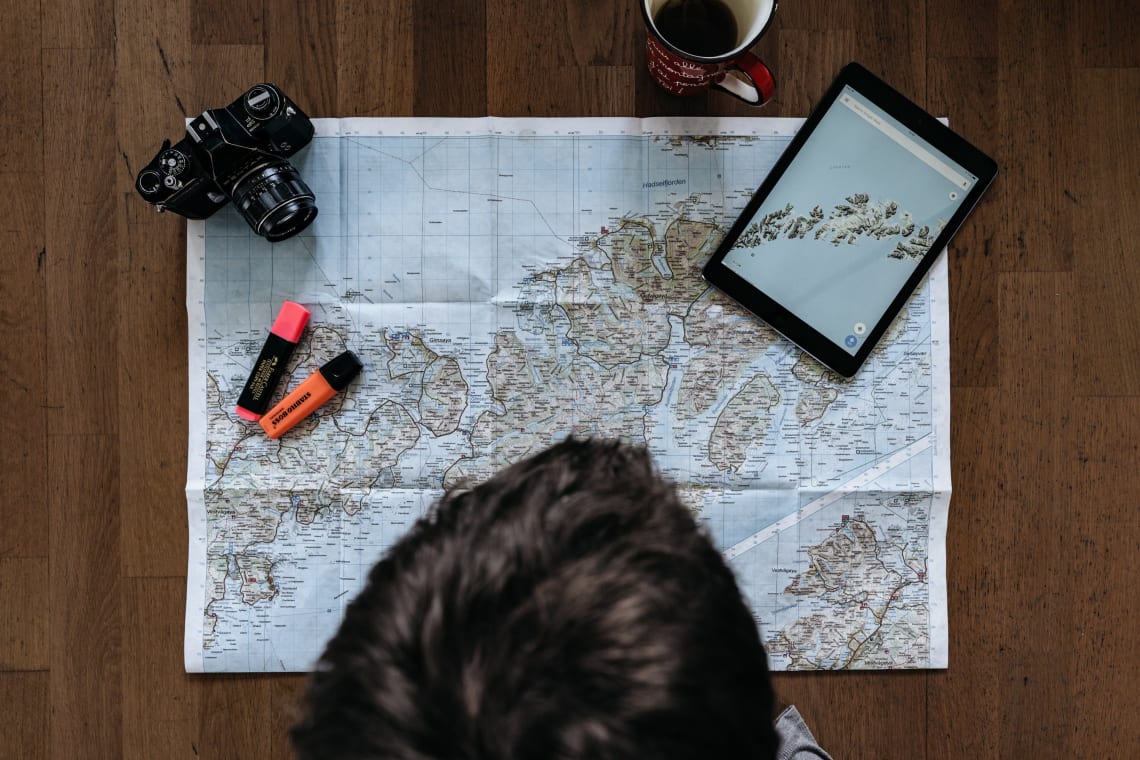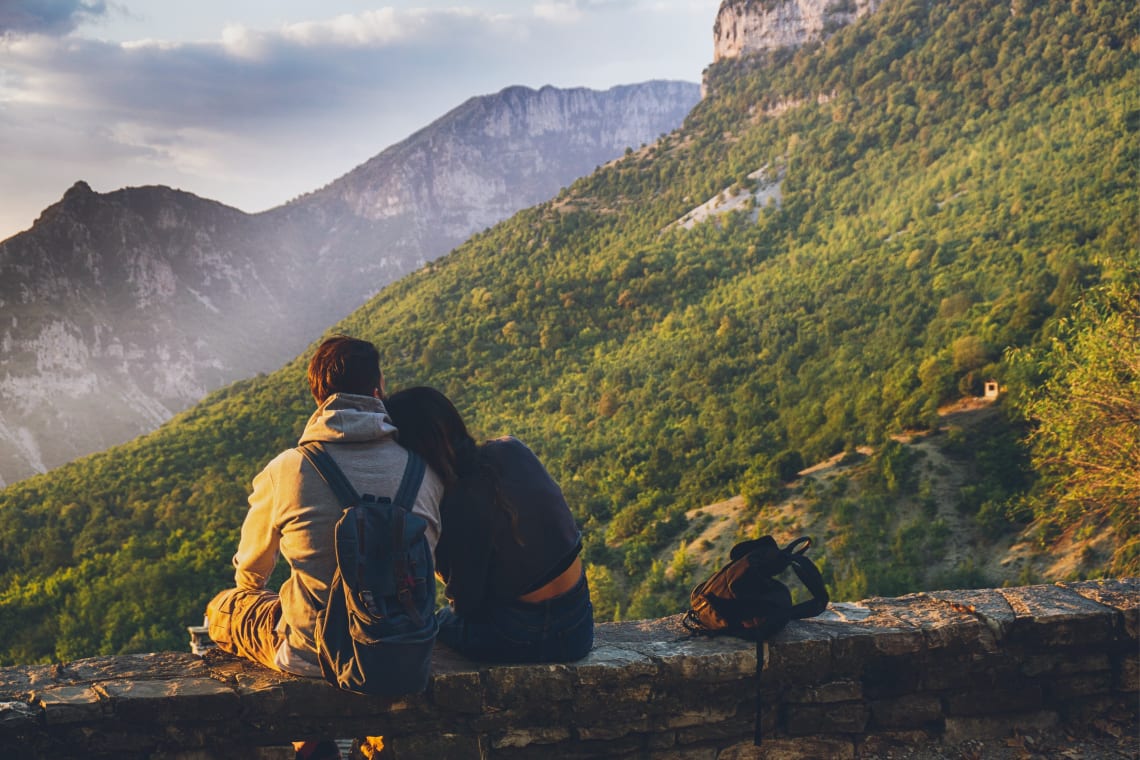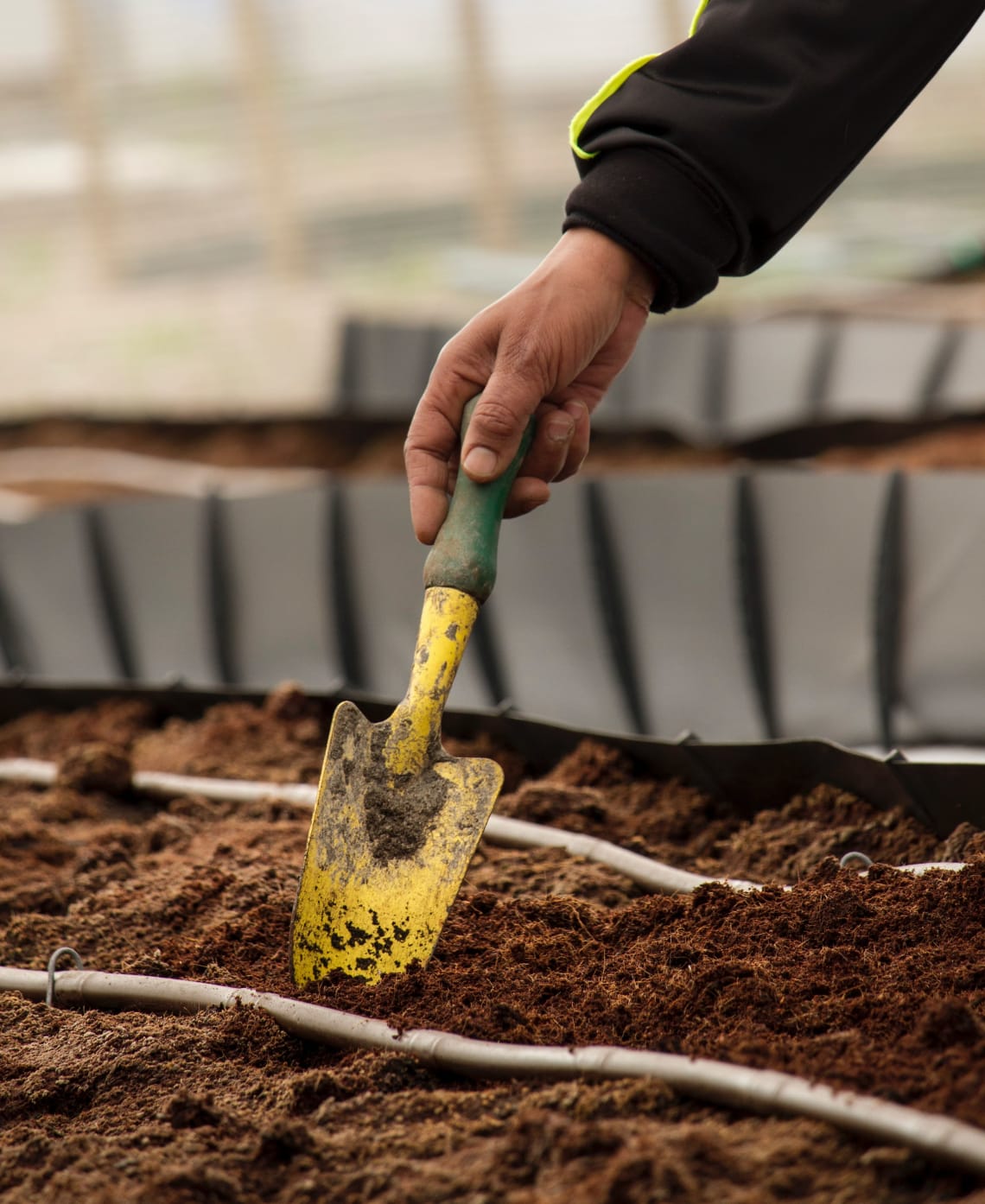
- Only this month: Get +3 months free!
- Become a member by Dec 31st, 2023, and have 15 months to travel.
Who knew there was a form of depression specifically related to travel? Post-travel depression happens when you return home from a memorable trip wishing you were still abroad. Here's how to beat the post-travel blues and make the most of your transition home.
7min

You've just returned home from an amazing trip abroad where you experienced inner growth, learned about a new culture, and developed a deeper love of world travel. You had a hard time stepping on your plane to come back home.
A week or two flies by and you still can't help daydreaming about your trip, your suitcase is still not unpacked in the corner of your bedroom, and you are constantly tempted to book another flight.
You might be experiencing post-travel depression.
Who knew there was a form of depression specifically related to travel? Post-travel depression happens when you return home from a memorable trip wishing you were still abroad. Its symptoms vary, but there are several practical ways to beat the post-travel blues that Worldpackers wants to bring light to.
Post-travel depression is when your trip comes to a close and you dread returning to the normal routine you wanted a vacation from in the first place. Avid travelers love the feeling of being in an unfamiliar country, stepping out of their comfort zone and experiencing ultimate freedom.
This new and exciting environment is constantly creating new connections within the brain, forcing you to come up with solutions for problems you face on your travels. Research even shows that travel changes you for the better!
Exploring the world and immersing in local culture has the power to teach and transform.
Upon returning home, the transformation process is halted. Home has seemingly frozen in time, completely unchanged from when you left. The dramatic learning curve associated with frequent world travel is gone and your brain is stimulated at a much slower rate.
You may have missed your family and friends while you were away, but there's nothing at home that can quite match the exhilarating and purposeful mindset travel puts you in. The whole act of coming home will seem very dull in comparison to the incredible destinations you were exploring while you were gone.
The longer you are away from home and more you've accustomed to travel as a form of education, the longer it might take to recuperate from the post-travel blues and shake off its symptoms. This depressive stage might last for a few weeks or up to several months after your return.
Post-travel depression is heightened when we come to terms with the fact that our trip, however brief, has come to an end.
We relive the memories, retelling the best moments we'll never forget, but you loved it so much you wish you were still there!
This is an important topic to address if we want to continue with our normal lives and get back in the swing of things.
If our body, mind, and soul are continually bogged down by this mood and negative thought-pattern, there will be no room to grow because we are struggling to live in the present.
Symptoms of the post-travel blues may include:
Coping with these symptoms will be different for every traveler, but rest assured that these feelings will eventually go away with time. The first step is recognizing you are experiencing post-travel depression, the next is to take active steps to overcome it.

Travel infuses our life with exciting stories, eye-opening learning experiences, new skills to excel at, and beautiful memories that will always be a part of us. Try to think of creative ways to preserve your travel memories as you are living them.
One of the easiest ways to do this is through a travel journal. After you return home, you can look back on your travel memories in fresh, vivid detail.
Collect your travel mementos such as ticket stubs, postcards, or souvenirs and put them in a shadow box to display in your home. If you're the crafty type, create a travel scrapbook and include your itinerary as well as relevant excerpts from your journal.
Create a nostalgic video montage of all the moments you chose to record, or make a sideshow of all your favorite travel photos. Turning these memories into tangible things will help you deal with your post-travel blues in a positive and practical way.
This is one of the most helpful coping mechanisms for post-travel depression.
Planning your next trip lets you focus on your future travel goals by taking what you miss about your last trip and turning it into excitement for the next one!
Not traveling any time soon? No problem.
Start planning one of your future dream trips and work towards making it a reality.

You don't always have to plan an elaborate trip abroad to consider yourself an avid traveler! To travel is to explore an unfamiliar city, getting lost in its charm and experiencing it on a close and personal level.
If you know you haven't seen everything your hometown has to offer, plan a weekend trip to see all the hidden gems. You never know what local treasures you'll discover that may just end up becoming your new favorite spot in town.
What are some places just a few hours from you that you've always wanted to see? Take a day trip to a nearby national park that has been on your travel radar for a while, book a ticket to see a museum that has piqued your interest, or bike through the city to travel at a more leisurely pace.
Adventure is always out there if you're willing to seek it out!
Share your travel experiences with your friends and loved ones. Sometimes voicing your emotions and talking it out can prove to be very cathartic.
It works wonders for fighting the effects of post-travel depression and make you feel at ease.

Make a promise to yourself that you'll keep finding ways to grow even though you're back home or traveling less. Mix up your old routine with some new ideas.
Traveling makes you more open-minded and helps cultivate a growth mindset. Upon returning home, maintain this new mindset and sign up to learn a new skill.
Cook a culturally diverse meal once a week. Sign up for photography or art classes.
You'll likely be able to use some of these new skills on the next Worldpackers travel experience you sign up for!
If you're not progressing or cultivating new skills, it will be harder to kick the post-travel blues to the curb.
After your travels, if you are still finding it difficult to adjust to your life at home, evaluate what needs to be different.
Apply for jobs that may suit you better than your current one. Try out some new hobbies that you hadn't thought of trying before. Surround yourself with a new group of friends.
Do whatever it takes to be true to yourself, your passions, and your constantly evolving self. After all, change is what travelers thrive on.
Be sure to stop and smell the roses. Think of all the things and people you missed the most when you were on your last adventure.
Pick up your journal and jot down a few things you love about home that you really missed. This will help get you in a better head space and keep your post-travel depression symptoms at bay.

If you're coming home because you've run out of travel funds, Worldpackers would be happy to host you so that you can stay in your destination longer. Exchange your skills for free meals and accommodation as you help out a local family with their housework, gardening, and cooking.
There are currently thousands of opportunities to exchange work for accommodation around the world.
All you need to do is create a Worldpackers profile, search for hosts in the destination of your choice, and apply to the position you want!
You can also take on more involved volunteer opportunities like helping NGOs, getting involved in eco projects, or working at hostels. These opportunities will not only give you experience, but you'll have time to find paying jobs in the area, should you choose to stay there long-term and save your money to continue traveling. This makes the work exchange concept ideal for anyone interesting in using Worldpackers to became a full-time traveler.

On the flip side, if the stress of constant travel has worn you down and you need a place to call home for a little while, you could always join the Worldpackers community to find a temporary home base.
As you get some much needed rest and relaxation, you can be a part of work exchange programs that will make it a fulfilling and rewarding experience to stay in one spot for longer.
Dealing with post-travel blues isn't always easy, and thankfully we can learn a lot from it all.
Experiencing post-travel depression can create a consistent hunger for growth within us that always keeps us in a transformative stage.
We begin to have a deeper appreciation for the unforgettable life lessons we are taught through travel. It helps us realize the positive changes that are worth making in our lives so that we can do more and be better.
"The real voyage of discovery consists not in seeking new landscapes, but in having new eyes." — Marcel Proust
Write here your questions and greetings to the author
mohammed
Nov 20, 2023
Can you please email to me this article